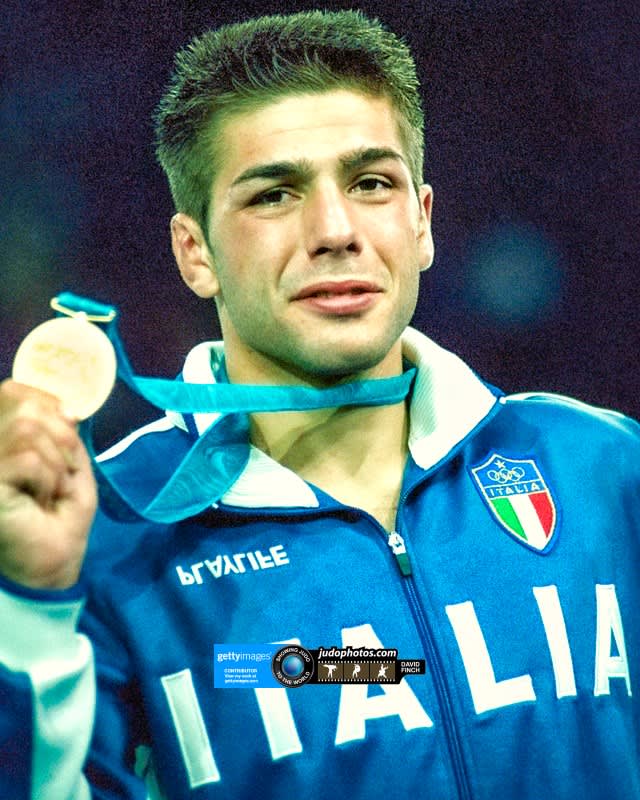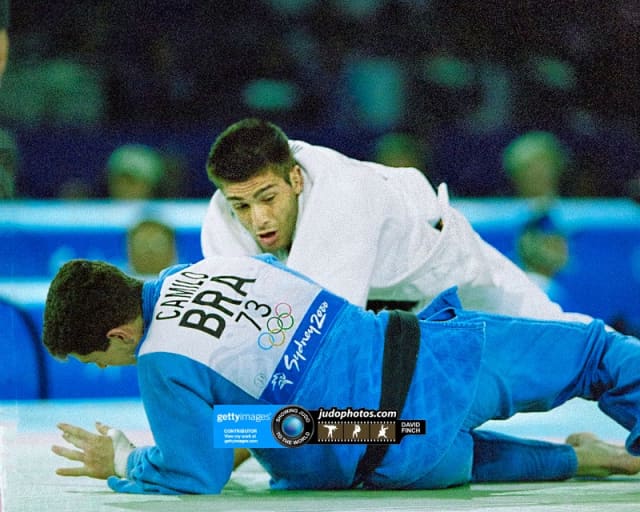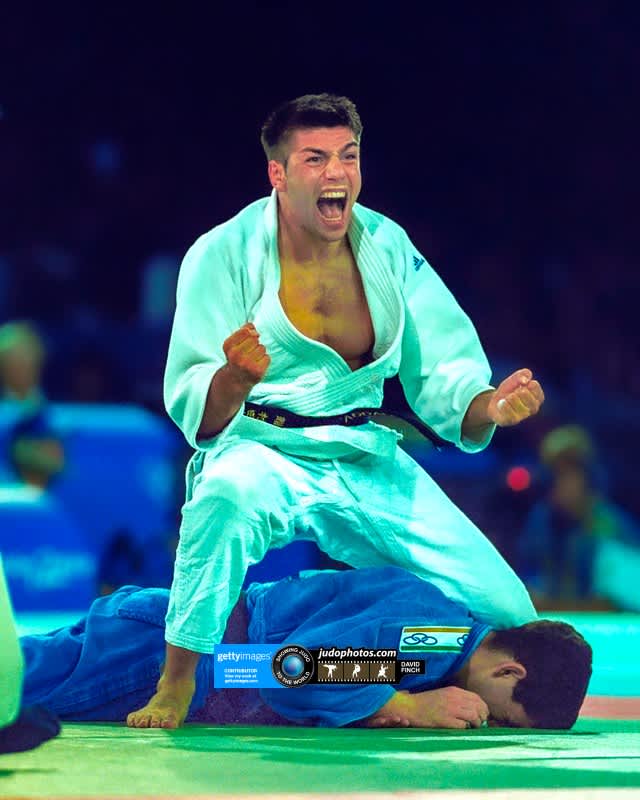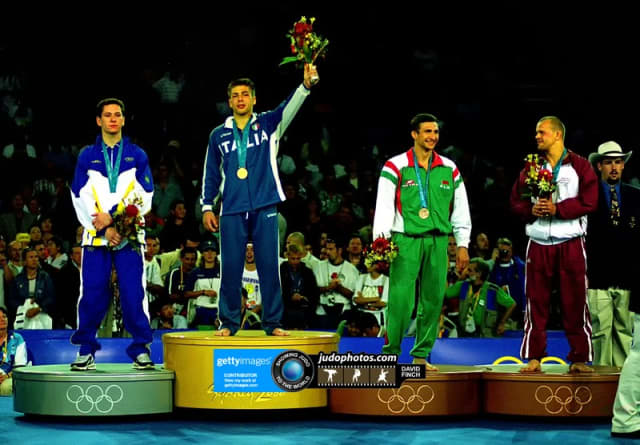We introduced the statistics, the almost impossible feat and the question in our first article in the series, which can be found here:
https://www.ijf.org/news/show/151-olympic-champions-tokyo-to-tokyo
A reminder of the question:
It could be said that to be in the company of an Olympic judo champion is to be presented with someone whom has reached an absolute pinnacle, a ceiling which cannot be surpassed; there is nowhere further to ascend in the world of sport. We often find Olympic champions speaking with freedom and certainty, unafraid to share an opinion, speaking of their lives and paths with confidence. For many we feel there is peace, and that can be magnetic and inspiring.
So the question is, did they become Olympic champion because of that character or did they become that person having won the Olympic gold medal?
“When I was training I was not thinking about the result, just about how much I loved the sport, loved being on the tatami. I loved how much I was feeling and I really felt full of the values while also enjoying the movement. I always felt like this, from very young. Before the Olympic gold medal and even now, when I feel the tatami under my feet I feel that I love judo but also that judo loves me. It is a correspondence and this has never changed for me. I was not practising for a single result, not for a gold at the Olympics."
"I think I changed after the gold medal but I changed also because I grew up. The gold was a part of this growth. I became a more mature person and the Olympics was part of that very necessary process.”
This interview was emotional from the beginning. Pino Maddaloni is fully connected to his achievement and knows exactly what it gave him. So we asked again if he might have been the same man without the medal as he is now with that medal. He simply shook his head, “No, not the same without the medal.
Having the medal doesn’t always correspond to being a champion. The Olympic gold medal brings responsibility. The gold is the first classified in that event but the value of it is how you manage it and how you assign value to it, how you work after that moment and use it."
"The medal can have a different back side too and can impact relationships with people. Some people who were friends before looked at me differently. My daughters also know their dad is Olympic champion and that’s another part of the responsibility. My girls are growing up with this. I have had to learn how to simplify this image and not have them aiming to be the same, it’s far too much pressure. It is the same with all who love me, family and my closest friends, they were and are so proud but it didn’t change the love we all had.”
Pino is Italian and even more so he is from Napoli and so it benefitted the project for him to be able to speak in his native Italian. For that, Elisabetta Frattini from the IJF IT team joined us as translator but she also has memories of that day in Sydney. “I remember the day, we have this picture of Pino crying and it still makes me cry. I knew him since he was a boy. From the outside it was what Pino brought to family, his home area, the city, Napoli, friends, the community. He changed everything for them by just doing what he loved. Much gets written about this pride and kudos but it is all true.”
Is it different, is life different now?
“I am different now because of the life I now get to live. What I had before was a younger Pino and now I am an older Pino but always I am the same person, just grown up. It’s not the medal itself that changes the man or has to change him, it is the experiences, the time passing, the family. The medal is a part of what comes next."
"I really feel there was no possibility for it not to happen. I was destined for it, from how I felt on the mat when I was little; no other possibility. My daddy was giving me judo practice from the day I was born. The sensation of taking the shoes off and being on the mat, even now when we go with the athletes to other cities or when we are at referee meetings in the World Judo Tour, I am still happy to step on the tatami. I will even sleep there when I travel with my team and I will feel at home. Actually I was training when I was little in my own class but my father taught the next classes and so I slept on the tatami while waiting for him. When he was finished he would wake me and take me home. It wasn’t possible to live another life.”




